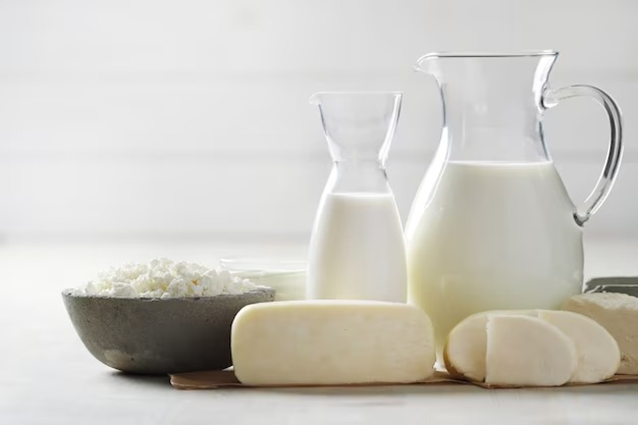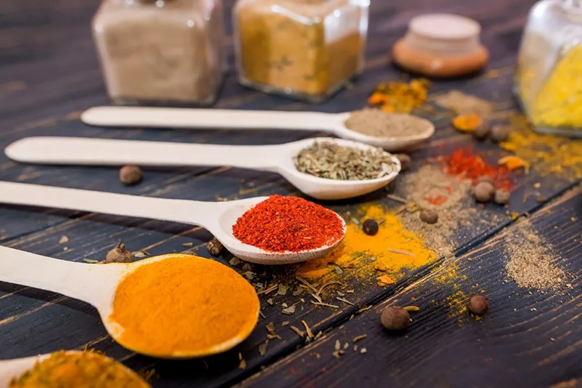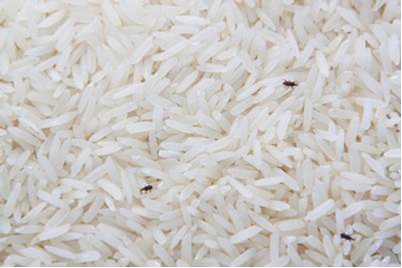What are the risks associated with consuming raw milk and its products?
Consuming raw milk can pose public health risks when it comes from animals infected with transmissible harmful microorganisms including Mycobacterium tuberculosis, Brucella species, Mycoplasma mycoides subsp. Mycoides, Aphthovirus and Rift Valley fever virus. They can also be contaminated with various pathogenic bacteria such as Escherichia coli (E. coli), Salmonella, Listeria monocytogenes and Campylobacter. In particular, outbreaks of E. coli O157:H7 are frequently associated with contaminated food such as undercooked minced meat and raw milk. It is a type of Shiga toxin-producing E. coli (STEC) which can produce toxins and damage the intestines that can cause severe diarrhoea and vomiting. In some cases, particularly in vulnerable people like young children, the elderly and the immunocompromised, the infection can cause kidney failure and death. For more information on STEC, read our article on Menacing Microbes in Minced Meat.
What are SFA's efforts in ensuring food safety?
Raw liquid milk is not allowed to be sold in Singapore. Cheeses and dairy products made from raw milk are allowed to be sold in Singapore. Such products are subjected to SFA’s surveillance monitoring programme. SFA will sample and test such products. Consumers can verify the product labels or check with the sellers to determine if the milk ingredient is raw or has undergone pasteurisation. Those with weakened immune systems such as the elderly, pregnant women, infants and children, or those who are ill, should avoid consuming such products.
How can we protect ourselves?
To reduce the risk of foodborne illnesses associated with raw milk, we recommend the following tips:
- Those with weakened immune systems such as the elderly, pregnant women, infants and children, or those who are ill, should avoid consuming raw milk and dairy products containing raw milk as an ingredient.
- Consume dairy products made from milk that has undergone heat treatment such as pasteurised milk. Raw milk made into other products, like soft cheese, ice cream, and yogurt, may also cause illness.
- Store dairy products at temperature of below 4°C and consume them by the date-marked stated on the packaging.
- Discard dairy products when they have expired or have gone bad.
- Purchase dairy products from reputable source – SFA-approved businesses (supermarkets, importers, retailers).
- Seek medical attention immediately if you encounter symptoms such as diarrhoea and vomiting after consuming dairy products.
About the author
Soon Fang Min is a Scientist from the Risk Assessment and Communications Department of the National Centre for Food Science. She has attained a Bachelor of Science with Honours in Food Science and Technology from the National University of Singapore.




